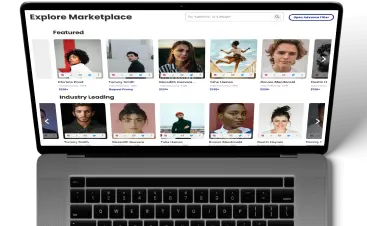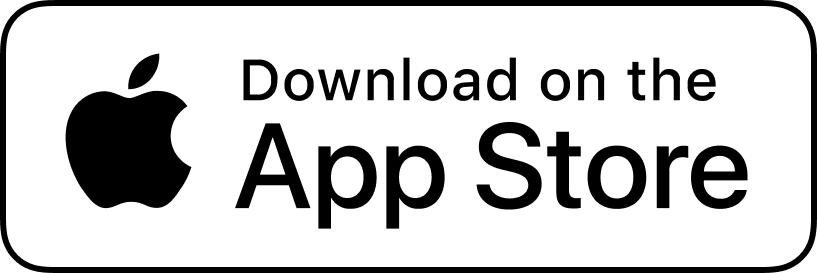What is a B2C (Business-to-Consumer)?
“Business to Consumer” characterizes the direct sale of products and services from businesses to individual end-users or consumers. This business model emphasizes transactions where the final recipient is the individual consumer, distinct from B2B (business-to-business) exchanges. When individuals inquire about B2C, they seek clarification on the direct relationship between businesses and personal shoppers, commonly realized through retailers or online platforms.
B2C marketing offers several benefits to businesses, including direct engagement with consumers, personalized advertising, opportunities for brand storytelling, leveraging social media and digital platforms, and potential for high-volume sales and repeat business.
Today, B2C businesses use social media platforms to promote their products or services. Platforms like Facebook, Instagram, Twitter, and LinkedIn offer businesses opportunities to engage with consumers, enhance brand visibility, drive website traffic, and generate sales.
B2C (Business to Consumer) and B2B (Business to Business) are distinct business models involving different transactional dynamics. While B2C focuses on selling products or services directly to individual consumers, B2B entails business transactions, with one business acting as the supplier or vendor and the other as the buyer or customer.
Example of B2C (Business-to-Consumer)?
Examples of B2C marketing initiatives include retail stores selling clothing, electronics, and household goods directly to consumers, online marketplaces like Amazon and eBay facilitating transactions between businesses and individual shoppers, food delivery services offering meal delivery options to consumers’ homes, and subscription-based services such as Netflix and Spotify providing entertainment content directly to individual subscribers.
Check out some other terms you may encounter in the Creator economy here.








